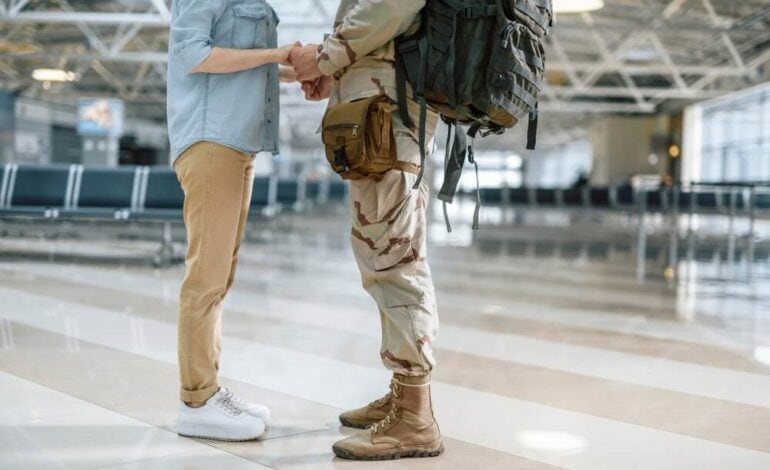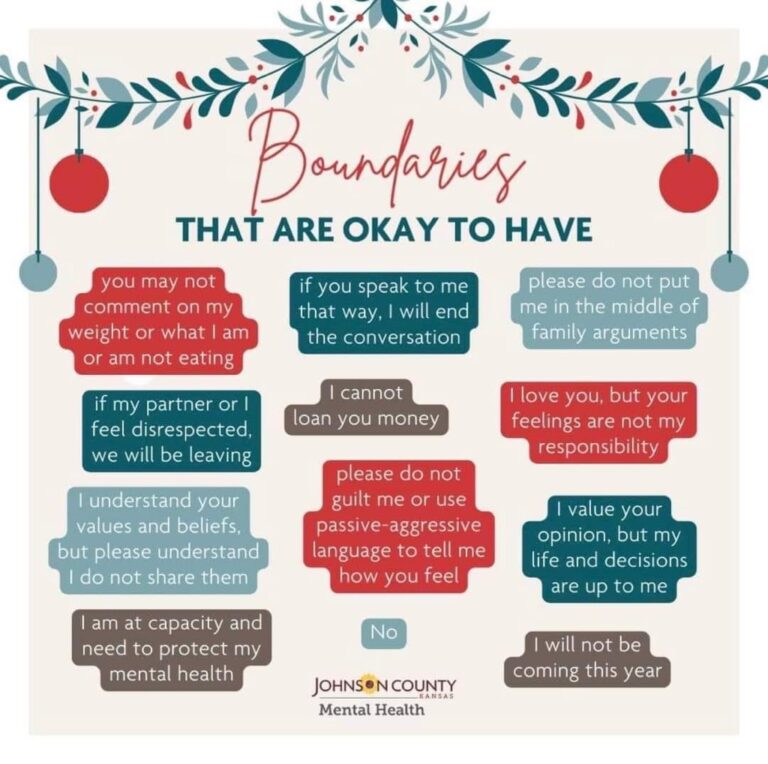- A European study published indicates that binge drinking and depression are much higher in female military spouses than the general female population.
- According to another study, nearly one-third of deployed soldiers’ military spouses had at least one mental health diagnosis. The number doubled when the spouse was deployed for more than 11 months. These spouses had a higher likelihood of mental health disorders than the spouses whose military soldiers were at home.
- Other studies show that military spouses and children were more likely to binge drink alcohol and use drugs than those children and spouses in civilian families.
Unique challenges military families face
These alarming trends are most likely due to the unique stressors that military families regularly experience that especially impact military spouses and children.
These unique challenges include frequent moves, sometimes to different states or countries, which involves uprooting the family, changing jobs, making new friends, and changing schools. Additionally, the stress caused by long periods of physical separation due to military deployments can wreak havoc on a family, especially if communication is scarce when the spouse is deployed to remote locations. Other stressors include the immense fear involved with the danger of being on active duty and lack of trust and infidelity issues that occur in romantic relationships when a partner is gone. The stress is not just limited to the female or male soldier, but this immense stress is also experienced by every family member and loved one. When a military family member is deployed for active duty, it can be challenging for everyone at home. Stressful feelings of anxiety, loneliness, frustration, and depression are very common emotional challenges for family members. As they attempt to adjust to life without a member of the family, the ones who are left behind can become obsessively concerned about their soldier overseas, especially the children.
Drugs and alcohol as coping mechanisms
These unique challenges often lead many to rely on drugs and alcohol as negative coping mechanisms to bury feelings of loneliness, sadness, and grief. As always, addiction goes hand in hand with mental health disorders. Often we associated PTSD with the military; however military family members are also at risk of developing depression and anxiety because of the unique stressors, they face with military life.
Many of our servicemen and women are afraid to ask for help because they fear that going to counseling will jeopardize their careers as they readjust to civilian life. These issues can take a toll on the entire family.
Maybe not the soldier, but what about their family member?
Not all military members struggle with addiction or mental health disorders; however, when they return home, it is apparent their spouse or child has taken an intense burden. This burden has affected them emotionally and mentally to the point that they are deep in the throes of an addiction.
The trials and tribulations that military families face are not often discussed in mainstream media, especially when it comes to addiction and mental health. Many addiction and mental health treatment services cater to active-duty soldiers and veterans; however, there are not many programs that cater to military family members’ needs.
During mental health and addiction treatment, family support groups specific to military families are a pivotal point in the recovery process. The family is an integral part of recovery, and therefore including family members in the treatment process can help the individual and mend broken family relationships.
Military family support and recovery services can offer the following:
- A deep understanding and empathy of the struggles that come with military life
- Trauma-informed circles to help with trauma experienced by the soldiers and their family members
- Education about mental health disorders and addiction and how they affect the family
- Learning about the recovery process for military family members
- Tools and support skills to mend broken family relationships
- Healthy coping skills to deal with future deployments
- Resources to help military families integrate into communities
- Addiction and mental health recovery tips that are specific to military life
Additional resources:
DrugFree.org: Guide for military families on substance abuse




